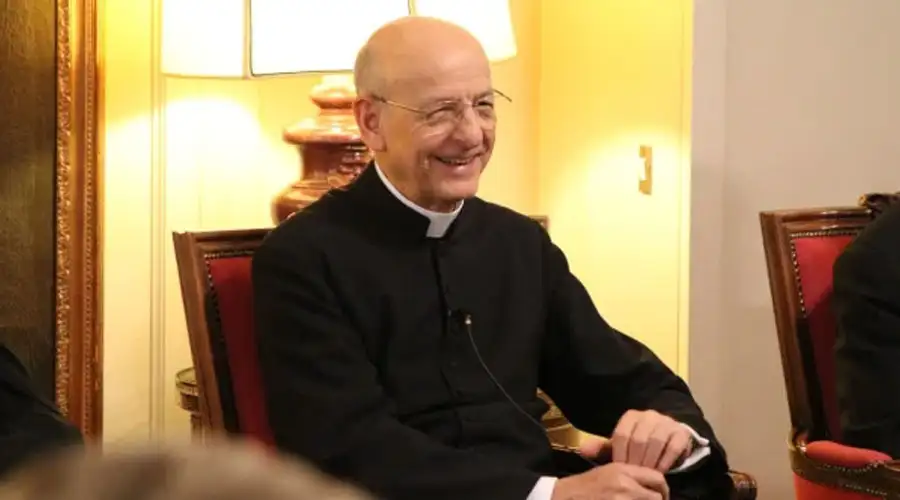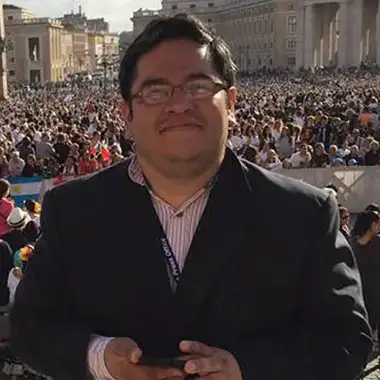
Opus Dei Prelate, Monsignor Fernando Ocáriz, explained the two essential criteria that have guided the work of its extraordinary general congress for the renewal of its Statutes, as established by Pope Francis.
From April 12 to 17, an extraordinary general congress of the personal prelature of Opus Dei was held in Rome, with the participation of 126 women and 148 men –90 of them priests– from all over the world to adapt the Prelature's Statutes to the motu proprio Ad charisma tuendum, in which Pope Francis establishes the reform of the institution.
In this pontifical document of July 2022, the Holy Father modified two articles of the Apostolic Constitution Ut sit – with which Opus Dei was erected as a Prelature in 1982 – to adapt them to the regulations recently introduced by the Apostolic Constitution Praedicate Evangelium, on the Roman Curia. In addition, in its third article, he adds that the Opus Dei Statutes must be "conveniently adapted at the proposal of the Prelature itself, to be approved by the competent bodies of the Apostolic See."
An Opus Dei statement states that "the conclusions will be presented later to the Dicastery for the Clergy, the entity of the Holy See with competencies over personal prelatures."
In a message on April 17, Monsignor Ocáriz explained that after the work of the just-concluded congress, "a proposal for adjustments to the Statutes is being outlined," and that this "will be submitted to the Holy See in the coming months."
"Unlike other congresses where some apostolic priorities are set, the sole objective in this case was to prepare the aforementioned proposal. For this reason, the final result can only be known after the study by the Holy See, which has the final say," the Opus Dei Prelate said.
Two essential criteria
"In the work of these days, two fundamental criteria have guided us: fidelity to the charism that St. Josemaría received on October 2, 1928, and filial adherence to the will expressed by the Holy Father," highlighted Monsignor Ocáriz. "As the Pope requested in the motu proprio, we have sought to express more clearly the charismatic dimension of the Work (cf. Ad charisma tuendum n. 4), which is lived and realized in communion with particular Churches and with the Bishops who preside over them," continued the Prelate.
Monsignor Ocáriz also shared that "these congress days have been characterized by an atmosphere of serenity and also of good humor, and by active participation by everyone. Each one has been able to express themselves with total freedom, both in the working groups and in the plenary sessions."
Overall, due to the harmony among the participants, the Prelate emphasized that the Congress "has been an eloquent manifestation of unity around the 'gift of the Spirit received by St. Josemaría'."

Walter Sanchez Silva is a senior writer for ACI Prensa. He has experience in researching and covering international ecclesiastical events such as World Youth Days (WYD) in Cologne 2005, Madrid 2011, and Rio 2013; the Fifth General Conference of the Latin American Episcopal Council in Aparecida; as well as the trips of Pope Benedict XVI in May 2007 to Brazil and in 2012 to Mexico. He covered Pope Francis' trip to South Korea in 2014 and the Synods of Bishops in the Vatican in 2015 (on the family) and 2019 (on the Amazon). He was also sent to cover the aftermath of the earthquake in Haiti in 2010 and served as a field producer in Buenos Aires in 2013 for the documentary "Pope Francis: The Pope of the New World".







